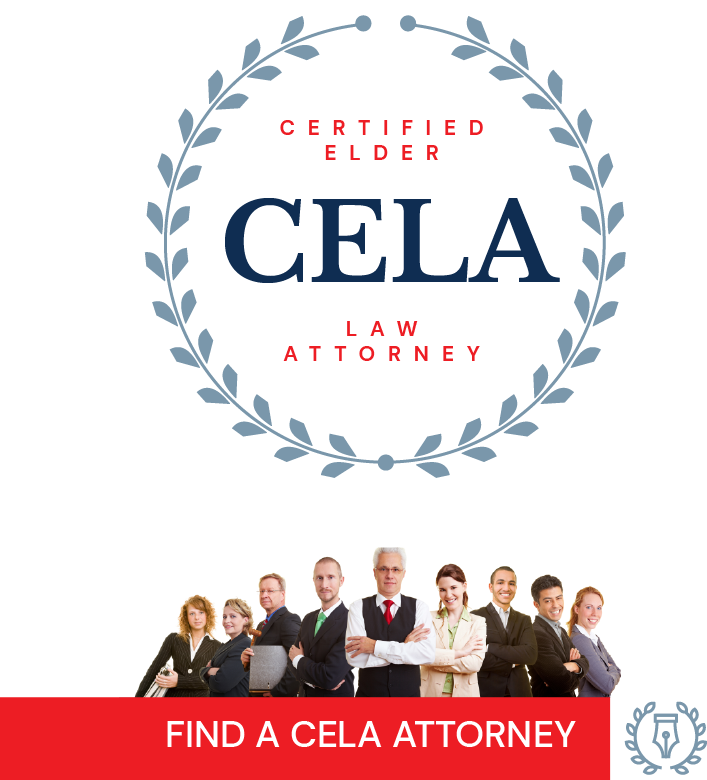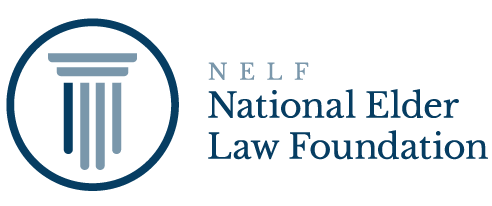Estate Planning with an Elder Law Attorney
What’s an Estate Plan?
An estate plan is a set of decisions you make to control how your property and assets are to be managed and distributed if you become incapacitated or pass away. If you own a home or have savings, you want to ensure that your valuable assets are received by your heirs and beneficiaries without paying unnecessary taxes or legal expenses and without experiencing inconvenient delays.
What’s Included in an Estate Plan?
Every estate plan is customized to the needs of the individual client. One estate plan might consist only of a Will and a Trust into which the person’s assets will be transferred for distribution to their chosen beneficiaries over time. Other estate plans may include documents designating a person to make healthcare decisions for someone if they become incapable of making those decisions independently. another may include main
Elder law attorneys specialize in advising clients what legal tools and instruments will best achieve the client’s goals based on their individual circumstances, the nature and amount of their property, their family’s needs, and the best means of reducing or eliminating any tax liability.

Estate Planning You May Need

What do you need to plan for? The best estate plans are those established earlier than they are needed. No one should find that they “should have” taken steps to protect their family and preserve their wealth when it’s too late to do so.
Here are some of the important topics to consider when thinking about securing your own and your family’s welfare, and to ensure that your hard-earned assets are not vulnerable to unexpected liabilities:
Life Insurance
Do you have enough life insurance? Did you know life insurance benefits are paid directly to your beneficiary without going through probate court?
Guardianships
Have you named a guardian for your minor children if you are incapacitated? Did you document directions for you children’s care?
Trusts
Do you understand what a trust is?
- A revocable trust enables you to control your assets during life but designates a trustee you choose to act as directed after your incapacity or death.
- An irrevocable trust yields some control during life but offers additional tax benefits.
- Both trusts permit your heirs and beneficiaries to avoid probate court, legal expenses, and estate and gift taxes
Advance Directives
Living Will — You can control the healthcare you receive either when you are incapacitated or at the end of your life.
Financial Power of Attorney — You authorize someone to manage your financial affairs and assets during a period of incapacitation, with either general or limited powers, as you decide.
Healthcare Proxy — You designate a trusted relative or friend to make decisions about the healthcare you receive when you are incapacitated and unable to express your own decisions.
Medicaid Eligibility Planning
Will you have too much property or too many assets to qualify for Medicaid coverage for the cost of long-term nursing care for you or your spouse? You can retain control of your valuable assets and still be eligible for Medicaid.
Are you within the Medicaid 5-year look-back period? Depending on your state law, you can still protect you home and most assets from Medicaid’s claim for reimbursement.

